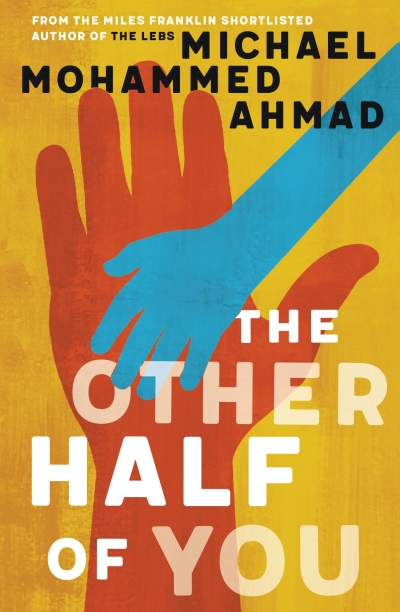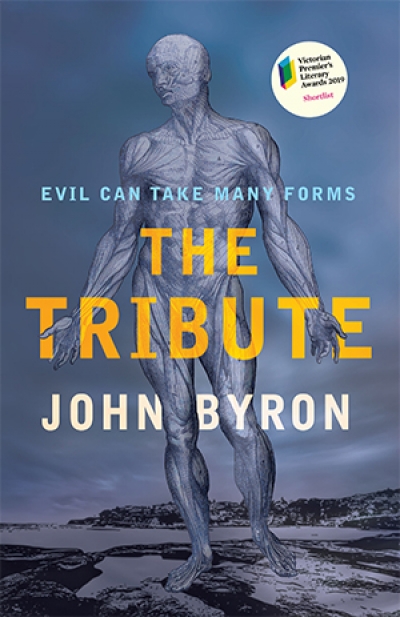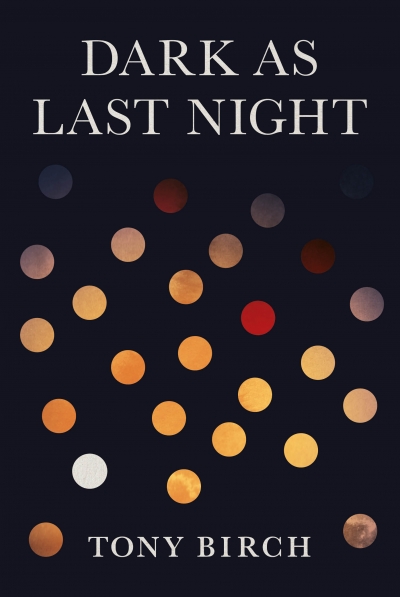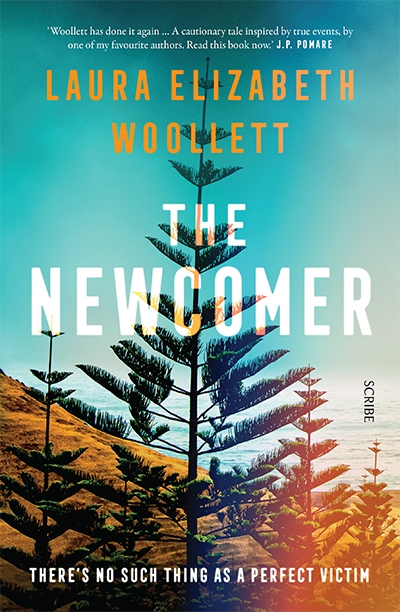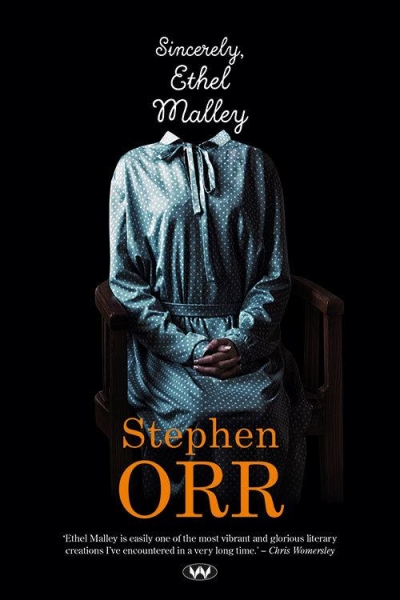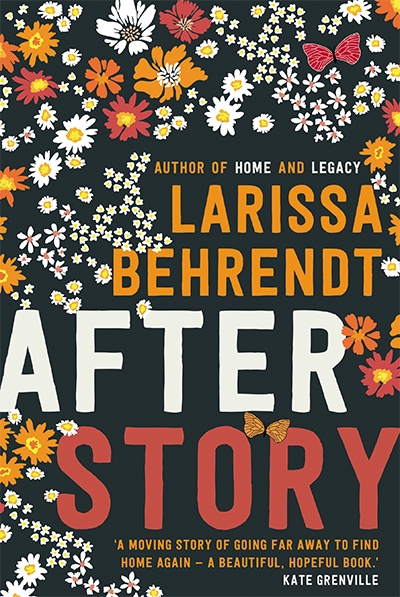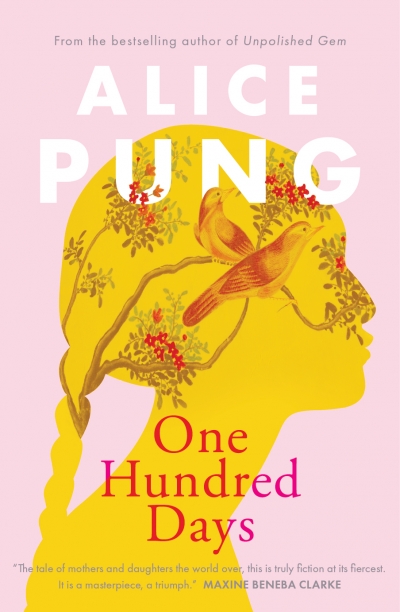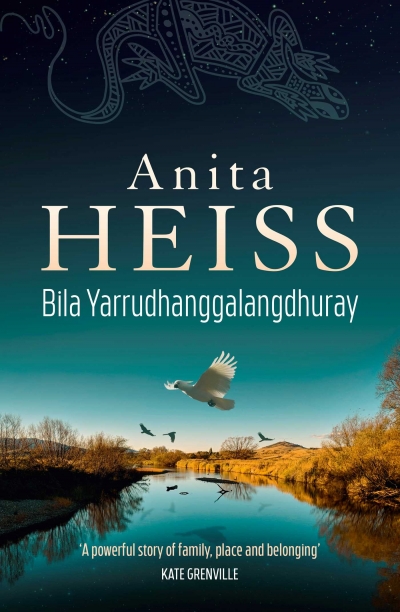Australian Fiction
Three recent novels by Australian women deal with current and increasingly urgent political questions about female identity and embodiment. They each use the conventions of popular realist fiction to provoke thought about the causes of female disempowerment and the struggle for self-determination. Coincidentally, they are also set, or partially set, in Australian country towns, although their locations are markedly different, and their plots culminate in the revelation of disturbing secrets.
... (read more)Is it tautological to describe a work of fiction as ‘family Gothic’? After all, there’s nothing more inherently Gothic than the family politic: a hierarchical structure ruled by a patriarch, as intolerant of transgression as it is fascinated by it, sustaining itself through a clear us/them divide, all the while proclaiming, ‘The blood is the life.’ Yet three new Australian novels Gothicise the family politic by exaggerating, each to the point of melodrama, just how dangerous a family can become when its constituents turn against one another.
... (read more)
